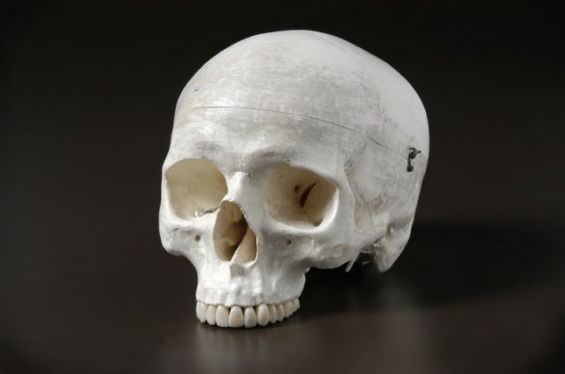Two years ago, a group of researchers announced that they had discovered the world’s oldest Homo sapiens fossils in Morocco. Since then, the Jbel Irhoud cave, an archaeological site located about 50 km south-east the city of Safi, has been regarded as the cradle of humanity. The study brought new evidence about our ancestors, suggesting that we didn't evolve only in East Africa as previously thought.
But these findings, which indicate that the Jbel Irhoud primitive Homo sapiens fossils dated back 315,000 years ago, are being challenged by a recent study. Published, Monday, by science journal Nature, the new discovery reveals that the earliest Homo sapiens arose 200,000 years ago in northern Botswana.
The authors of this new survey found out that «anatomically modern humans (Homo sapiens that look the most like nowadays' humans) originated in a southern African palaeo-wetland».
Where did our ancestors live in Africa ?
These findings were based on an analysis of 1,217 DNA samples, researchers say. The group «used the mitochondrial DNA, which is passed down exclusively from mother to child, to map out the oldest known maternal line of humans alive today», the Guardian explained.
These samples showed that the «L0 lineage and its sub-branches point back to an ‘ancestral home’ that spreads from Namibia across Botswana and into Zimbabwe», the same source added.
«We have known for a long time that modern humans originated in Africa and roughly 200,000 years ago, but what we hadn’t known until this study was where exactly», the senior author of the study Professor Vanessa Hayes said.
The professor stressed that these modern Homo sapiens lived in the residual Makgadikgadi–Okavango palaeo-wetland of southern Africa. The latter «would have been a very lush and it would have provided a suitable habitat for modern humans and wildlife to have lived», Hayes explained.
But the findings of this study have raised a series of questions among researchers interested in determining where our ancestors lived within Africa. Speaking to the Guardian, Chris Stringer who studies human origins at the Natural History Museum in London, said that the conclusions of this recent study were not «convincing».
«I’m definitely cautious about using modern genetic distributions to infer exactly where ancestral populations were living 200,000 years ago, particularly in a continent as large and complex as Africa», he told the newspaper.
The researcher concluded that it is very hard to «capture the full complexity of our mosaic origins, once other data is considered».





 chargement...
chargement...












